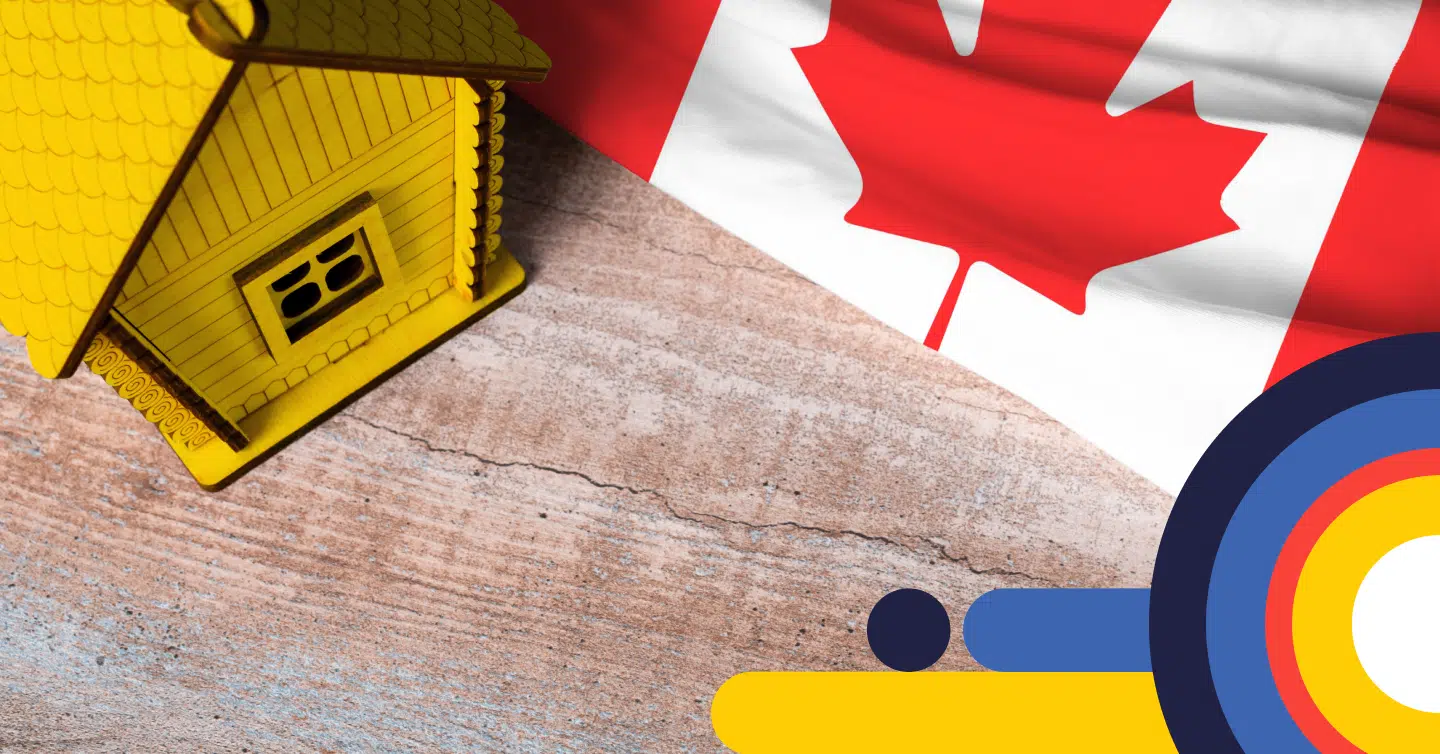Canada’s Inflation Rate Slows Down More Than Expected, Leaves BoC Rate Cut Plans Unchanged

Table of contents
Canada’s Inflation Rate Slows Down More Than Expected, Leaves BoC Rate Cut Plans Unchanged
Inflation unexpectedly declined in Canada in December, but economists predict that the central bank’s rate cut plans will not be accelerated. Inflation in Canada slowed more than projected in January, as the country’s consumer price index (CPI) increased at an annualised rate of 2.9% last month, according to Statistics Canada, lower than the 3.3% that was expected. The country’s inflation rate rose to 3.4% in December from 3.1% in November. It rose to 8.1% in June 2022, the highest level in almost 40 years.
Why It Matters
Inflation is a decrease in the value of money, usually measured through the consumer price index (CPI). The inflation rate affects everything from borrowing costs to the value of the Canadian Dollar. Inflation is one of the most important indicators of economic health. If the inflation rate is lower than expected, it could be a sign that the BoC’s policy of raising interest rates is having the desired effect. Inflation can also be caused by BoC policies that drive economic growth, as we continue to see with shelter costs.
What Economists Are Saying
The BoC’s policy rate cuts are projected to start mid-year, with most economists projecting that the policy rate will fall back by 100 bps (that’s 1%) from 5% today to 4% by year-end 2024, according to the consensus forecast of the Big 6 banks. New data released by Statistics Canada on Tuesday showed that annual price growth was lower than the 3.3% expected by economists in a Bloomberg survey. Bay Street’s consensus is that interest rates are at an all-time low, and the BoC will begin cutting rates later this year.
The Big Picture
The Bank of Canada has been under pressure to reduce rates due to the economic impact of the pandemic. However, the Bank has been cautious, stating that it’s too early to consider cutting the policy rate. The headline inflation rate is now inside the central bank’s target range, the first time it’s achieved that since June. Expectations for interest rate cuts down the line are likely to intensify. As a result, expectations for further interest rate cuts are likely to grow. While some progress has been made, the Bank does not expect inflation to return to its target of 2% until the middle of 2025. According to TD, some consumer price index (CPI) aspects related to shelter costs could put the BoC further behind schedule if it does not revise its inflation measure.
What to Expect
Grocery prices increased slower in January, with a rise of 3.4%, compared to the previous month’s rise of 4.7%. Mortgage interest costs, however, continued to weigh on inflation, rising by 27.4% YoY. Rent rose in January compared to the same month last year, at 7.9%. Electricity prices were also higher, rising by 11.1% YoY. Market participants are hopeful that the Bank’s target of keeping inflation close to 2% by the year-end will be met. This hope, combined with expected cuts in interest rates, could help ease the payment shock for mortgage holders.
What this Means For Homebuyers and Homeowners
Canadians looking to lock in a fixed-rate mortgage will likely reap the benefits of this inflation slowdown sooner than expected, thanks to the bond market’s reaction to the news. Bond traders, who appear to have been caught off guard just as economists were by the data’s release, saw 5-year bond yields, a benchmark for fixed-rate mortgages, fall as much as 10 basis points (that’s 0.10%) Tuesday morning. As we head into the spring housing season, this could lead to lower fixed-rate mortgage rates.
If you’re an existing homeowner nearing the end of your mortgage term and looking for a fixed-rate mortgage, the news could mean you’re in a better position to get a new loan at a lower-than-expected interest rate. Most homeowners in this category will likely still face a larger payment on renewal, but the increase will be less than initially expected.
If you’re a homebuyer who prefers predictable payments, a further decrease in fixed mortgage rates could make qualifying for a bigger mortgage easier. On the other hand, lower borrowing costs are likely to draw more buyers into a market that’s without supply, which could push up prices. It’s recommended that you reach out to a mortgage expert today.
Ready to get started?
In just a few clicks, you can see our current rates. Then apply for your mortgage online in minutes!















